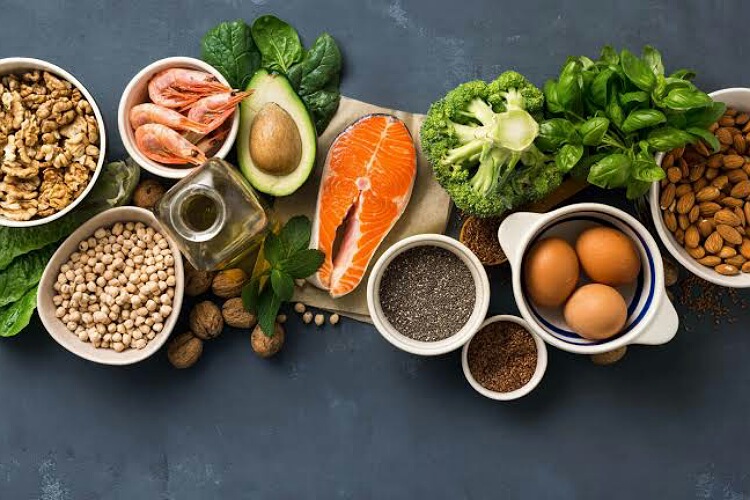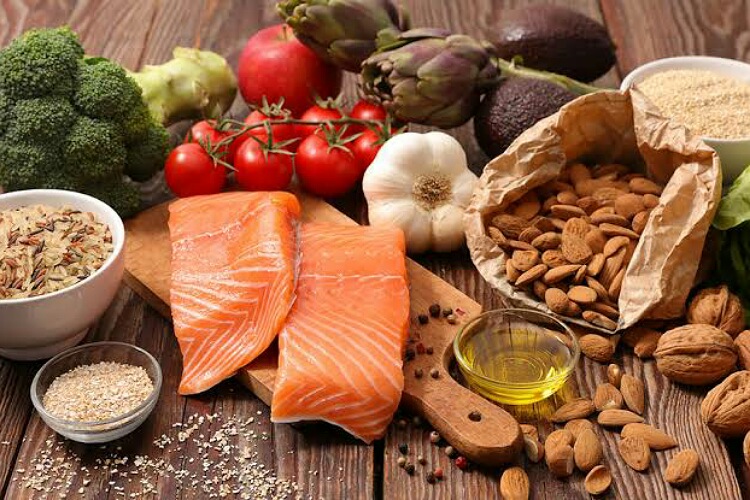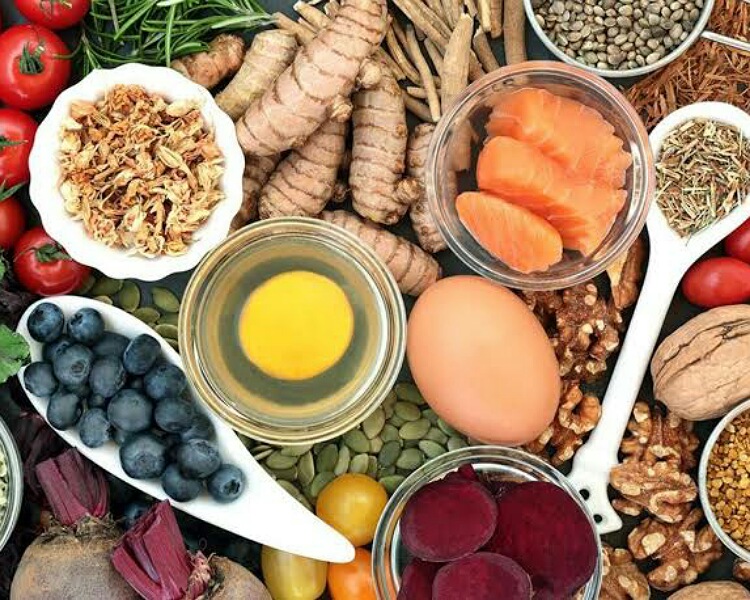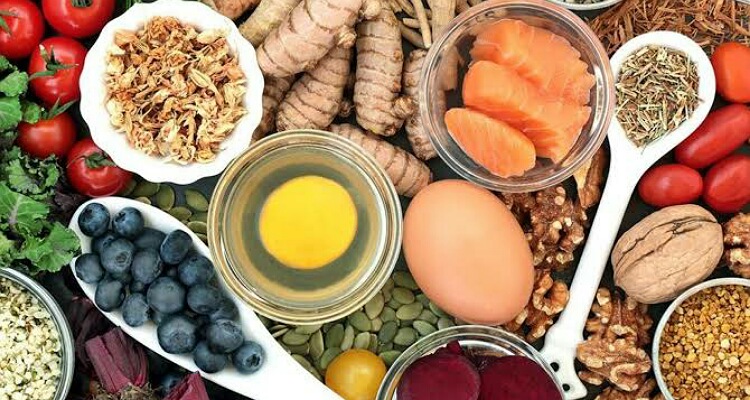Attention deficit hyperactivity disorder or ADHD is not so uncommon in children. The child is hyperactive and does not sit still in social settings.
It is a source of embarrassment for parents. There is no cure for it. A multi-disciplinary approach helps a bit. Diet too plays a major role in it. Which foods help in controlling this hyperactivity? And which foods can worsen it?
Attention Deficit Hyperactivity Disorder or ADHD
Attention Deficit Hyperactivity Disorder or ADHD is a clinical condition common in children. In this, the child displays impulsiveness and hyperactivity. He or she cannot sit still in one place and is fidgety.
This is unpleasant in social surroundings. This behavior embarrasses the parents. The causes of it are multiple. But unfortunately, there is no cure for this condition.

A multi-pronged approach is required to tackle this situation with variable outcomes. Medicines, behavior therapy, and psychological counseling are beneficial.
The Diet of the patient also plays a major role in it but this aspect is often neglected. So which foods are good for this condition? And which foods to avoid as they may worsen the condition?
Foods to avoid
Certain foods can exacerbate the condition. Hence these should be avoided. They can worsen hyperactivity considerably. Avoid sugars and sugary drinks.
Caffeine is a stimulant and a patient with ADHD should not take it. Additionally, certain food colors are bad and might increase impulsiveness.
Processed foods, fatty food items and those high in trans fats can also cause an increase in symptoms of ADHD.

Moreover, keeping the duration between two meals more than 4 hours could cause worsening of the symptoms. Snacking also worsens it. Medicines for ADHD can lessen appetite.
Hence try to feed the child before the medicine acts. At that time, the child will willingly take the food.
Foods to consume
Foods that are rich in omega-3 fatty acids such as tuna, salmon, and sea foods and good for ADHD. Foods should also have ample quantities of vitamins and minerals. This helps keep a check on hyperactivity.
Hence foods rich in iron, vitamin 12B, vitamin A, thiamine, iodine, and zinc should be included in the diet of these patients. These include fruits and vegetables.
Zinc is easily and amply available in meat, nuts, legumes, whole grains, and wheat germ. Zinc helps in the metabolism of the neurotransmitter, dopamine in the brain.

Eat at frequent regular intervals of 2 to 4 hours. Since Ritalin is the medicine for ADHD given in the morning before it acts breakfast is the meal that the child can eat well.
Let this meal be as much nutritious and balanced as possible. It should have proteins and complex carbs along with vitamins and minerals.
Increase the number of fatty acids especially Docosahexaenoic acid (DHA) in foods. This helps memory and cognition.
Also, read Frozen foods could spread Covid-19 infection, CDCC study says.
Keep some ready-to-eat meals in the fridge or within easy reach of the child. The child can have them when he or she feels hungry. These include baked pancakes, nuts, hard-boiled eggs, etc. Keep a regular check of the child’s weight.
